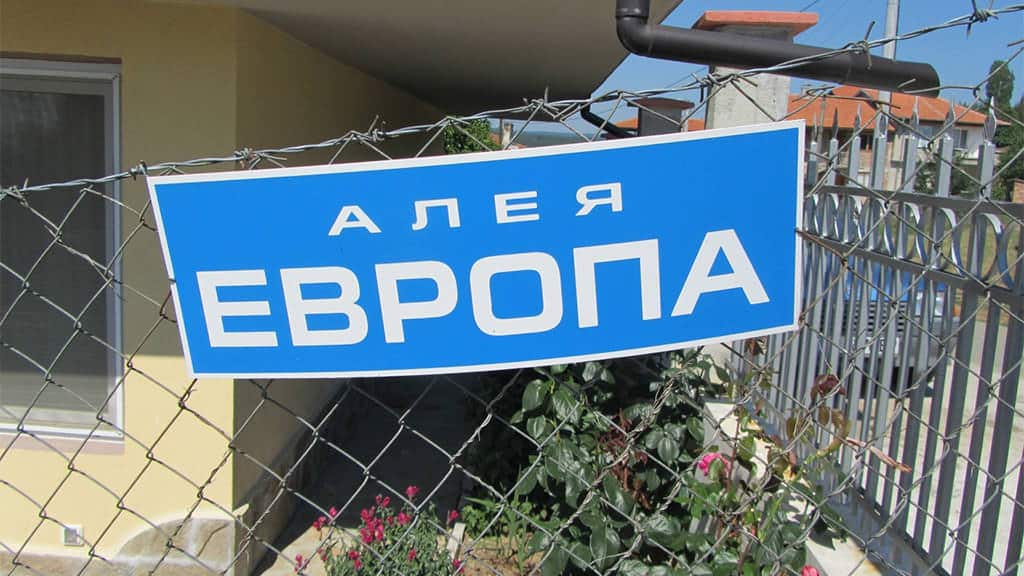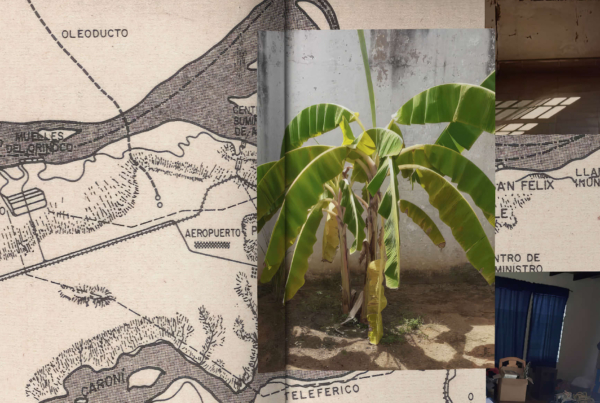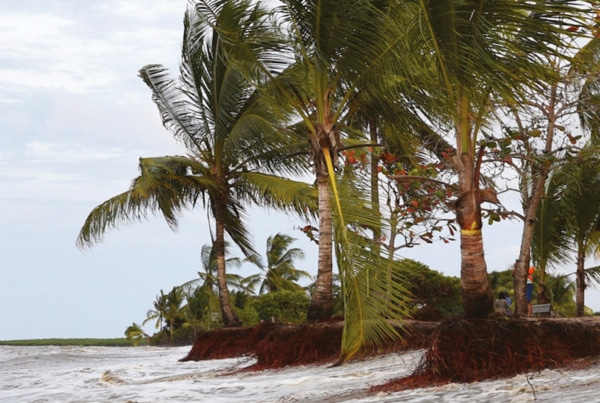
The "Borders, circulation, interculturality and human-environment interactions" seminar is starting up again. To mark the occasion, Olivier Givre, a senior lecturer specialising in the Eastern Balkans, will be giving a lecture on Friday 10 December from 6pm to 8pm in room F108 on "The meaning of borders. Examples from the Balkans".
À At a time when migration crises are reshaping international relations, this presentation looks at different forms, conceptions and practices of borders and frontiers in the Balkans, a region of Europe marked by a succession of different border regimes. These regimes may concern national borders in the classical sense (fronts and demarcations between states with the aim of making nation and territory coincide), ideological borders (the Iron Curtain as a marker of antagonism between two blocs) or current borders between transnational groupings (for example, the European Union and its neighbours).
Based on case studies from Bulgaria, Greece and Turkey, I will focus on the notions of border palimpsest and (trans)border memory, as well as on the concrete experiences of borders as signs, legacies, resources and crises. Among these approaches, I will be highlighting a dimension that has received little attention: the sensitive and the sensory, i.e. the perceived and felt border. Lastly, this presentation will provide an opportunity to discuss the complex relationships, often observed in anthropology, between spatially marked political borders based on sovereignty and more flexible symbolic boundaries based on different cultural, linguistic or religious markers.
Lecturer at the Université Lumière Lyon2 and researcher at the UMR EVS (Environnement, Ville, Société, CNRS 5600), Olivier Givre is a specialist in the Eastern Balkans (Bulgaria, Greece, Turkey), where he has worked on ritual and religious recompositions, memory and heritage processes, border and territorial dynamics, and human-non-human relations from an ecological perspective. His current work focuses on the fields of sensory anthropology and research-creation, as well as the implementation of innovative higher education and research training partnerships.




